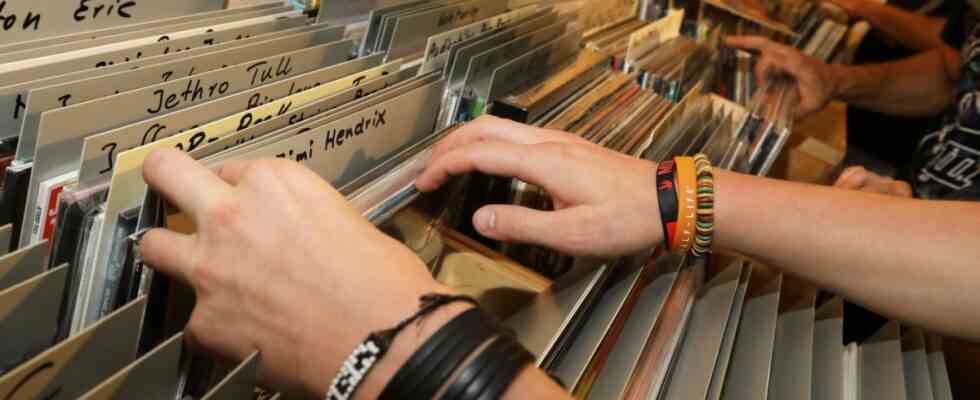On Friday, Minister of State for Culture Claudia Roth and Minister of Finance Christian Lindner presented a remarkable new form of cultural subsidy: the “culture pass”. Everyone who turns 18 next year will receive a credit of 200 euros, which they can spend over a period of two years on concert or theater tickets, but also on books and audio media.
The initiative has two goals: on the one hand, it wants to help young people to leave their corona habits behind. They should go out and “experience live culture”. On the other hand, it supports places where culture can be experienced, “experienced and tried out,” according to the press release. These places are “still struggling with a dramatic decline in audience”. It is therefore an equal part of a pedagogical to social therapeutic measure and post-pandemic help for the cultural sector, which can hardly fill its halls despite the normalization of public life.
Unlike usual, the help this time does not go directly to the institutions – theaters, publishers, opera houses – but to the audience. How much of the state money goes to which providers is not decided by ministry officials and juries, but by the 18-year-olds themselves. In doing so, the state is not only building a remarkable market economy element into state cultural funding, it is also dispensing with paternalism and patronizing.
From the second quarter of 2023, all 750,000 citizens over the age of 18 will receive this “cultural start-up capital”. EUR 100 million will be available for this in the coming year. If the initiative, which is based on similar models in other European countries, achieves the desired effects, it should be extended to all young people from the age of 15 and become a permanent institution.
How exactly the money will reach the young people and how they can spend it on concert tickets or books still seems a bit nebulous for the time being. An app and website should serve as a “platform” through which the young people should “network” with cultural institutions, concert organizers, book and record dealers. A “virtual marketplace” is being considered, where cinema operators, for example, can post their film programs and customers can then purchase their tickets directly.
Expensive individual purchases, “about a concert ticket worth 200 euros”, are – so much patronizing – prevented with a price cap. Only local dealers should be allowed to sell books and records. Large sales platforms and online retailers such as Amazon are excluded from the campaign, as are streaming platforms, whether for films or music. Why physical sound carriers – the press release expressly mentions “vinyl records” – are eligible for funding, but not a Spotify subscription, is likely to be discussed just as passionately in the coming months as the question of which bookstore, which concert agency, which multiplex chain is considered “local” is applicable.
The cut-off at the Goethe-Institut was also averted
The decision in favor of the “culture passport” was one of many results of the “cleansing meeting” on Thursday, with which the budget committee distributes money that is not yet planned in the budget drafts to the various departments every November. Not only are fan projects of individual members of parliament regularly considered, but also areas that were neglected in the drafts. This year, this included foreign cultural policy.
The budgets of the Goethe Institute (GI), the German Academic Exchange Service and the Alexander von Humboldt Foundation had been cut significantly in the budget plans. The GI would have had to close several institutes. These savings, especially in times of war, populism and disinformation campaigns, have been on the rise in recent months big misunderstanding encountered The GI has now received an additional 15.1 million euros and the DAAD 31.1 million. The cuts of the past year are not completely offset, but the looming deep cuts have been avoided.
There is also more money for the federal culture budget. Compared to the 2022 budget, it increases by four percent (around 94 million euros) to 2.39 billion euros. Among the line items, for example, ten million are earmarked for additional energy saving measures for the Museum of the 20th Century, which is currently under construction.

